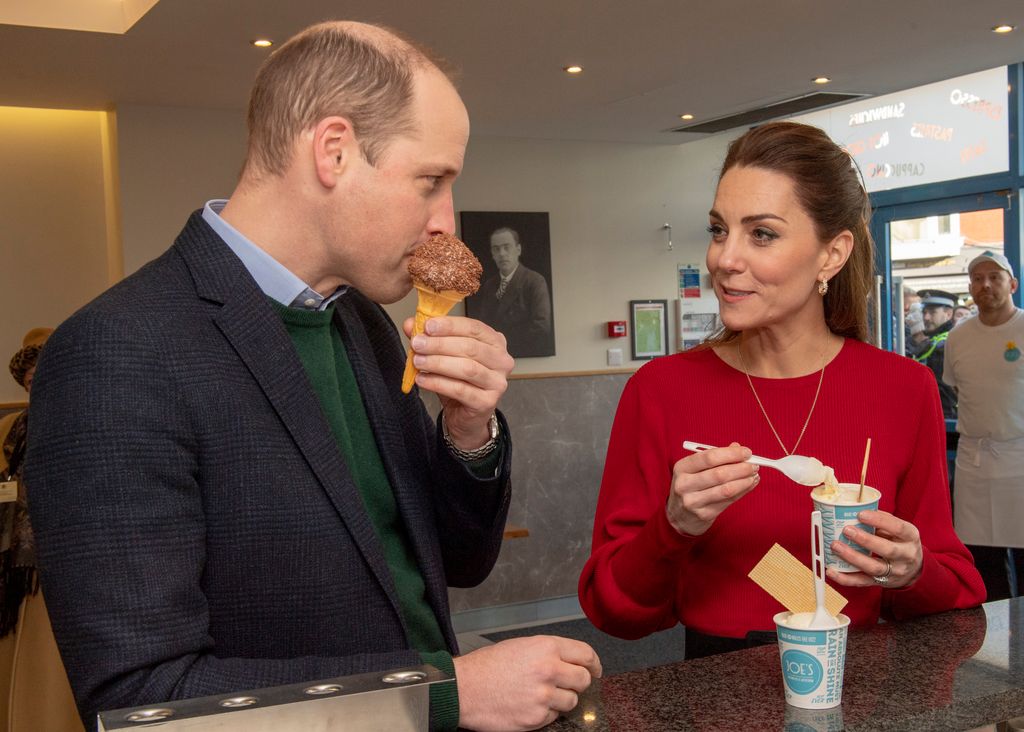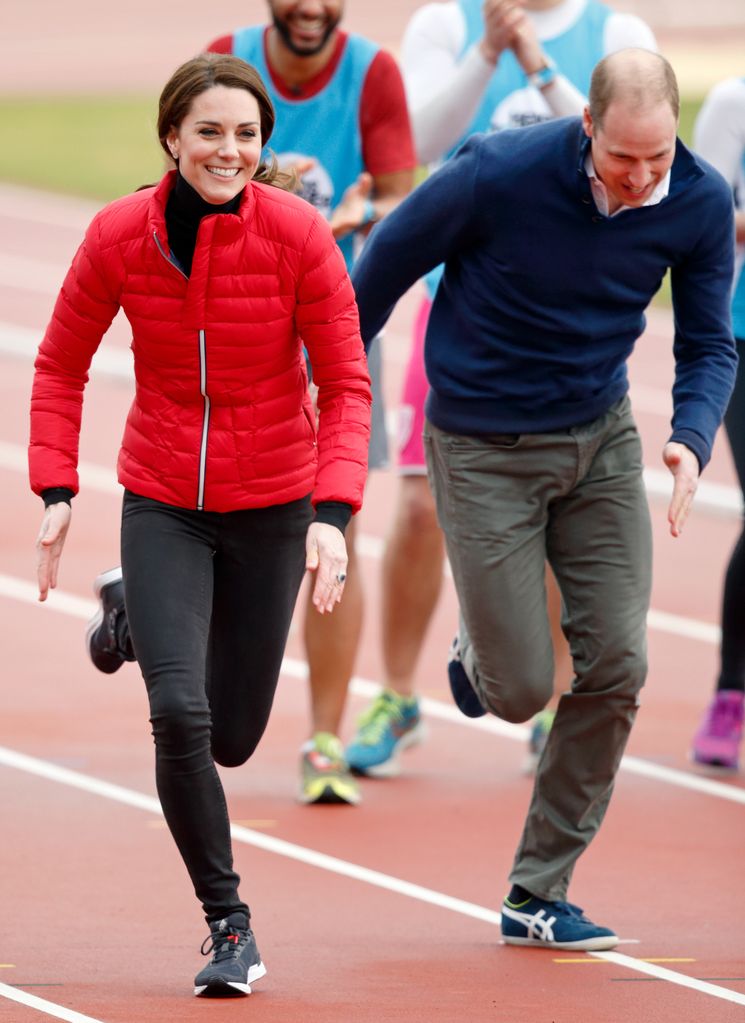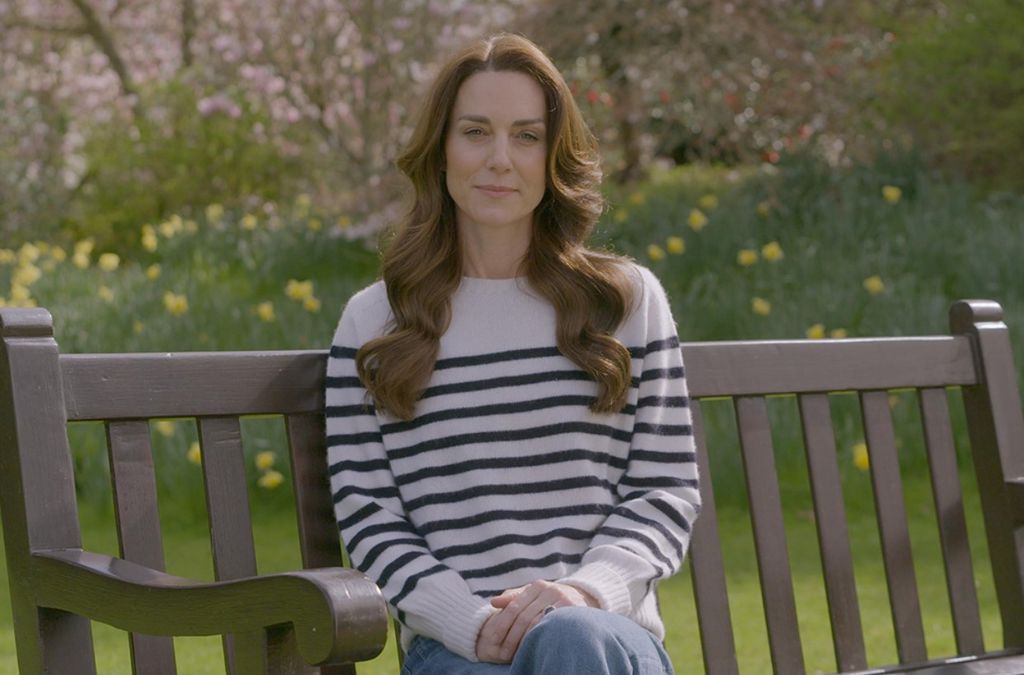Princess Kate is quietly recovering at her Norfolk country retreat Anmer Hall while undergoing gruelling preventative chemotherapy treatment. The royal mum, who made her cancer diagnosis public last month, has taken time off work and says she is focusing on daily practises to heal her “mind, body and spirit” – but what does that mean for her lifestyle?
We spoke to Professor Ramia Mokbel, a consultant dermatologist with a special interest in skin cancer and screening, and the founder of the London Skin and Mole Clinic at HCA Healthcare, who revealed that preventative chemotherapy is likely to cause “collateral damage” in the body. This makes it crucial to follow a healthy diet, enjoy a gentle exercise regime and make small lifestyle changes to ensure the body can recover.
She tells us: “Preventative chemotherapy, also known as adjuvant chemotherapy, is given after cancer removal surgery and when scans show no evidence of cancer has spread elsewhere. Its aim is to eradicate any remaining cancer cells that may be circulating in the bloodstream or have spread to other organs like the bone marrow, liver, and lungs. While this treatment targets hidden cells, it often causes collateral damage, leading to side effects such as hair loss, low white cell counts, reduced immunity to infections, and bowel inflammation.”
A specially adapted diet
A healthy, balanced diet packed with plenty of fruits, vegetables, antioxidants, and healthy unsaturated fats like omega 3 is extremely beneficial during chemotherapy.
“To support the body during chemotherapy, it’s crucial for patients to maintain a well-balanced diet rich in proteins, vitamins, carbohydrates, and fats to rebuild and compensate for the damage,” Professor Ramia Mokbel explains.
Caroline Mason, nutritionist and co-founder of Baldo and Mason, tells us that it’s vital to cut out any food that is inflammatory as prolonged inflammation can damage healthy cells and tissue and weaken an already low immune system.
This means reducing the consumption of animal fats and processed foods.
Princess Kate should be avoiding:
- sugar
- alcohol
- wheat
- dairy
- gluten
Princess Kate should be incorporating:
- 10-12 organic vegetables/fruits per day – as many colours as possible
- organic lean protein
- electrolytes – adding Himalayan crystal salt to your cooking and your water
- healthy fats – avocado oil, olive oil, nuts/seeds
- complex carbohydrates – keeping this minimal, organic and complex – sweet potato, brown rice, quinoa, buckwheat
The mother-of-three’s healthy daily diet is well documented, so it’s likely Kate won’t have to make significant changes to her day on a plate. The occasional tipple and carb-heavy dishes like pizza and pasta are out, with healthy salads and her daily green juice topping the list of recommended meals.
Regular exercise
It comes as no surprise that gentle movement can help the body fight the negative effects of chemotherapy. Regular aerobic exercise can help combat fatigue and improve overall well-being during treatment,” Professor Ramia says.
From running to weight lifting, cycling to rowing, yoga to HIIT, the sporty Princess’ workout routine certainly isn’t for the faint-hearted. Prince William’s wife is also a fan of cold water swimming, trampolining and tennis, making exercise a priority in her busy lifestyle.
However, it’s likely Princess Kate will have to cut back on her more intense HIIT training and running in favour of gentler sessions, following a more moderate approach recommended for women in their 40s.
“On a daily basis, someone in their forties should aim for moderate aerobic activity for 30 minutes daily,” personal trainer Chris Ruxton, who works with Deep Heat, previously told HELLO!.
Chris also believes those in Kate’s age group should include muscle-strengthening exercises for all their major muscle groups three days a week.
Smaller lifestyle changes might also help the Princess of Wales during this difficult time and ensure she remains comfortable. “Using iced gloves and boots can help reduce numbness in the fingers and feet, another common side effect,” says Professor Ramia.
DISCOVER: Six princesses who overcame difficult times: from health battles to personal tragedies
We wish Princess Kate all the best during her ongoing recovery.



